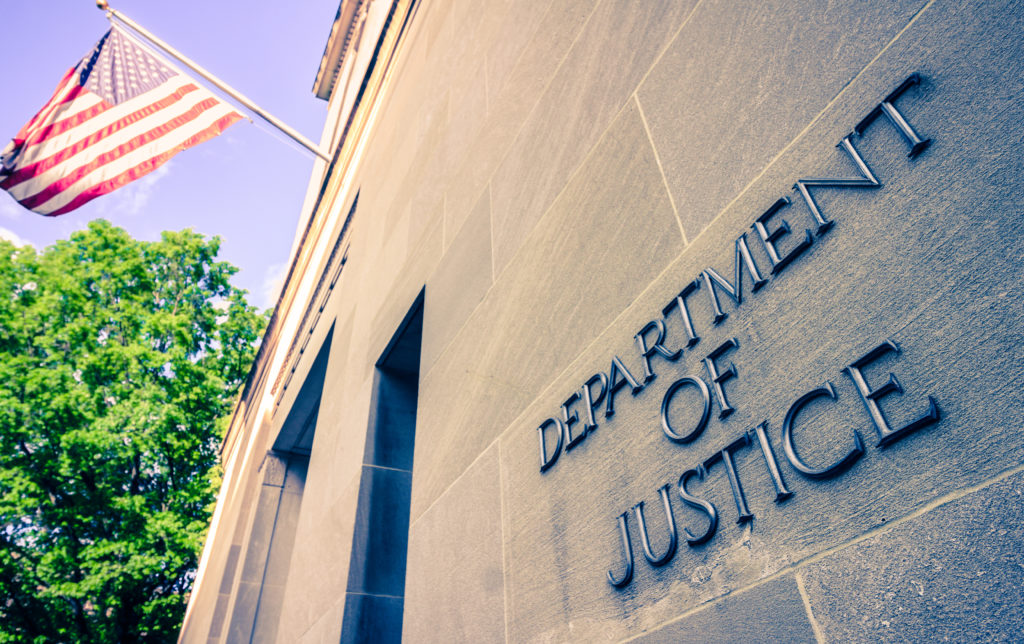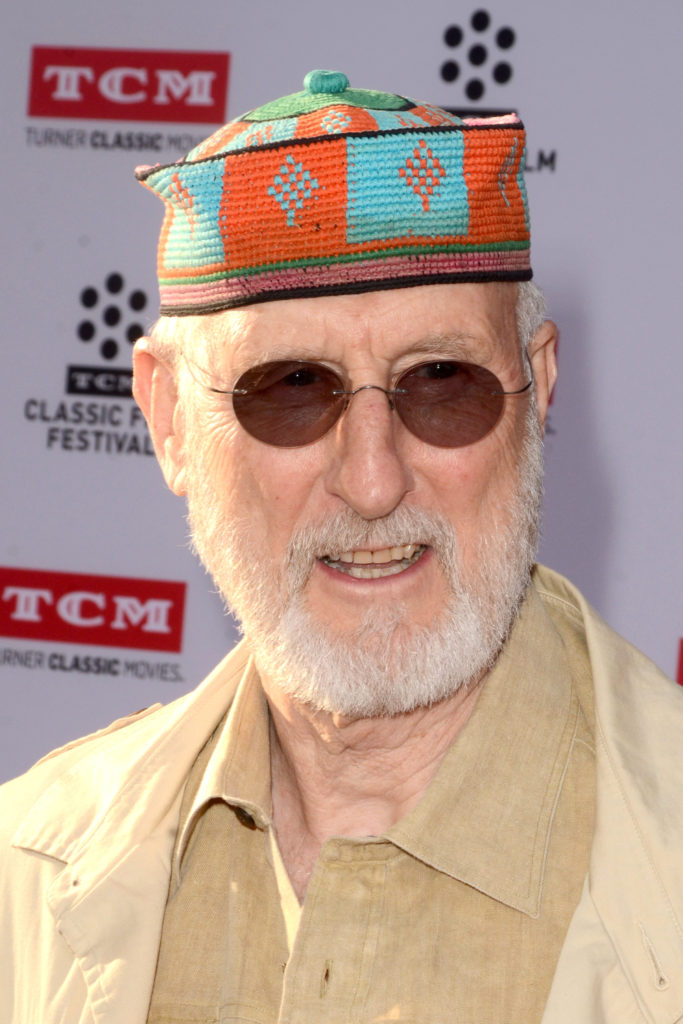Yesterday the Humane Society of the United States (HSUS), the nation’s richest animal rights organization, named long-time vice president Wayne Pacelle as its new chief executive. Pacelle will have virtually unfettered control over the group’s $96 million bank account. If you think this change amounts to a different leader’s rubber-stamp on efforts to help puppies and kittens, think again. HSUS doesn’t operate a single animal shelter, and it is completely unrelated to the local “Humane Society” in your home town. In reality, it’s a gigantic animal-rights lobbying group, focusing more and more on the food we eat. Wayne Pacelle is a strict, near-religious vegan, whose goal is to create “a National Rifle Association of the animal rights movement.” And if his past is any indication, the organization he leads will stray ever further into anti-meat and anti-dairy territory. In short, Wayne’s world is about to look more like the anti-human nightmare promoted by People for the Ethical Treatment of Animals.
Back in 1980, HSUS stated unequivocally that “there is no rational basis for maintaining a moral distinction between the treatment of humans and other animals.” The group has followed through on this radical philosophy by quietly funding an Internet service used by the terrorist Animal Liberation Front (ALF), heavily promoting a ballot initiative that gave pigs constitutional rights in Florida, and employing a former ALF spokesman as an official emissary in its campaign against Americans who wear fur.
Pacelle will bring his own baggage to his new job. He told the Des Moines Register in 2001 that the ridiculous but well-funded pregnant pigs campaign (which also resulted in a $50,000 election-fraud fine for the animal rights group Farm Sanctuary) was “intended to start a national effort” to force American agriculture into so-called “humane” farming methods. HSUS and Farm Sanctuary are now collaborating on a similar effort targeting California consumers.
Yet the promise of “humane” meat production (helped along by an unhealthy dose of mad-cow-disease scaremongering) may be the ultimate animal-rights Trojan horse. Pacelle summarized his philosophy over ten years ago in Animal People News: “We have no ethical obligation to preserve the different breeds of livestock produced through selective breeding … One generation and out. We have no problems with the extinction of domestic animals. They are creations of human selective breeding.”
During just one 24-hour period in 2002, Pacelle argued both for “humane” poultry production and for none at all. Out of one side of his mouth, Pacelle told the Associated Press that Americans should be willing to “pay a few cents more” for “free-range” turkeys. The previous evening, though, when CNN’s Bob Novak asked if HSUS is “against killing chickens for food,” Pacelle ended an interminable period of hemming and hawing with the admission: “Well, I’m against it.”
This, of course, is the logical outgrowth of a mind that sees nothing wrong with securing “human rights” for animals. HSUS and Pacelle even endorsed a plan floated by erstwhile vegan presidential candidate Dennis Kucinich (D-Greenpeace) to create a cabinet-level “Department of Peace” — a federal institution whose mandate would include what columnist Debra Saunders called an “I-kid-you-not clause” — “policies to address violence against animals.” Translation: the Humane Society of the United States dreams of White House-endorsed vegetarianism.
Worth magazine rates HSUS among the worst-managed U.S. charities, noting that HSUS took in over $65 million in 2000, yet spent more than half of it to raise additional money. “We’re not saying they’re crooked,” offered Worth writer Reshma Memom Yaqub in November 2002, “but we do take issue with some business practices.” As Wayne Pacelle prepares to accept the mantle of HSUS leadership from outgoing president Paul Irwin, he will undoubtedly have more on his mind than covering up the group’s suspect finances. At the “Animal Rights 2002” convention in Virginia, he spelled out his master plan. “We would be foolish and silly,” he told hundreds of activists, “not to unite with people in the public health sector, the environmental community, [and] unions, to try to challenge corporate agriculture.” [Click here to hear Wayne.]
For more on the Humane Society of the United States, visit our ActivistCash profile.




